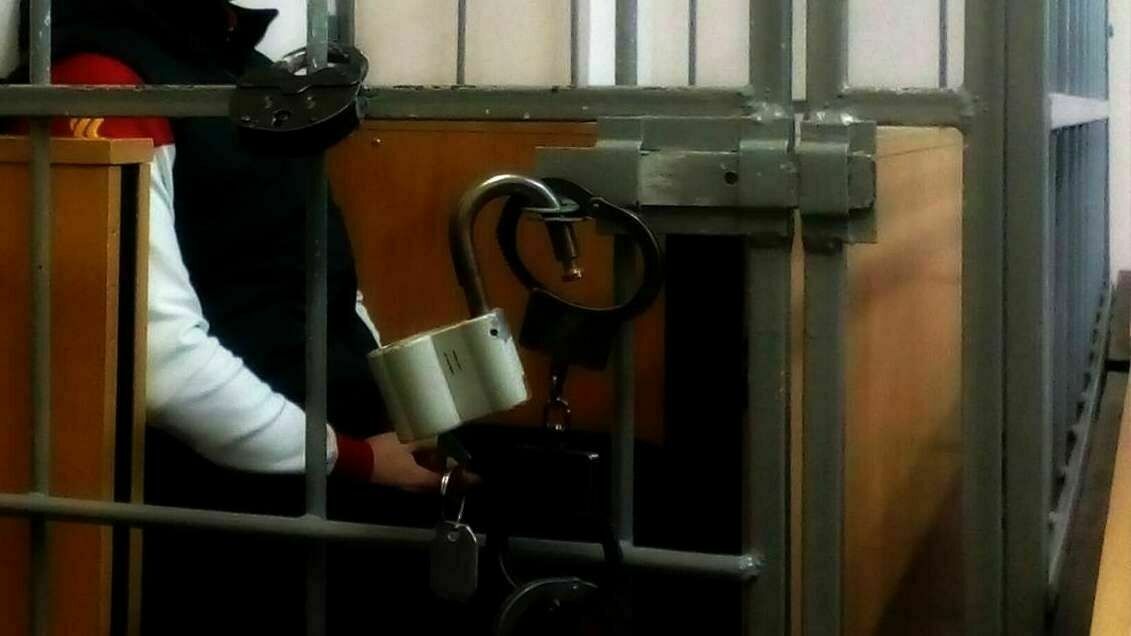Posted 24 января 2023, 12:03
Published 24 января 2023, 12:03
Modified 24 января 2023, 12:58
Updated 24 января 2023, 12:58

Russian NGOs will be allowed to open "probation centers" for former prisoners
Such centers will operate under the control of the Ministry of Justice and the Federal Penitentiary Service. As Kommersant reports with reference to the data of the lower house of the Russian parliament, the bill on the social adaptation of convicts was adopted by the State Duma in the second reading.
The draft law "On Probation in the Russian Federation" prescribes measures for the social rehabilitation of former prisoners. In particular, they will be provided with psychological support, assistance in finding employment, obtaining educational and medical services. In the "probation centers", former prisoners will also be provided with temporary shelter and assistance in finding relatives with whom they have lost contact over the years in prisons.
"Such centers will be able, in particular, to create non—profit organizations, and the Ministry of Justice will have to establish the rules for organizing the activities of the centers", - the report says.
The bill proposes to include all persons released from prison in the unified register of persons, which will be managed by the Federal Penitentiary Service.
If the law is adopted in its final version, it will start working already in 2024-2025.
Earlier, public activists repeatedly appealed to legislators with a request to settle the situation of former prisoners. According to statistics, most citizens, especially after a long period of imprisonment, need rehabilitation. Many have neither shelter nor means of livelihood. They are forced to wander, beg and often commit new crimes. Without the help of specialists, it is difficult for them to return to life in the wild, especially in cases where the term of imprisonment exceeded five years.